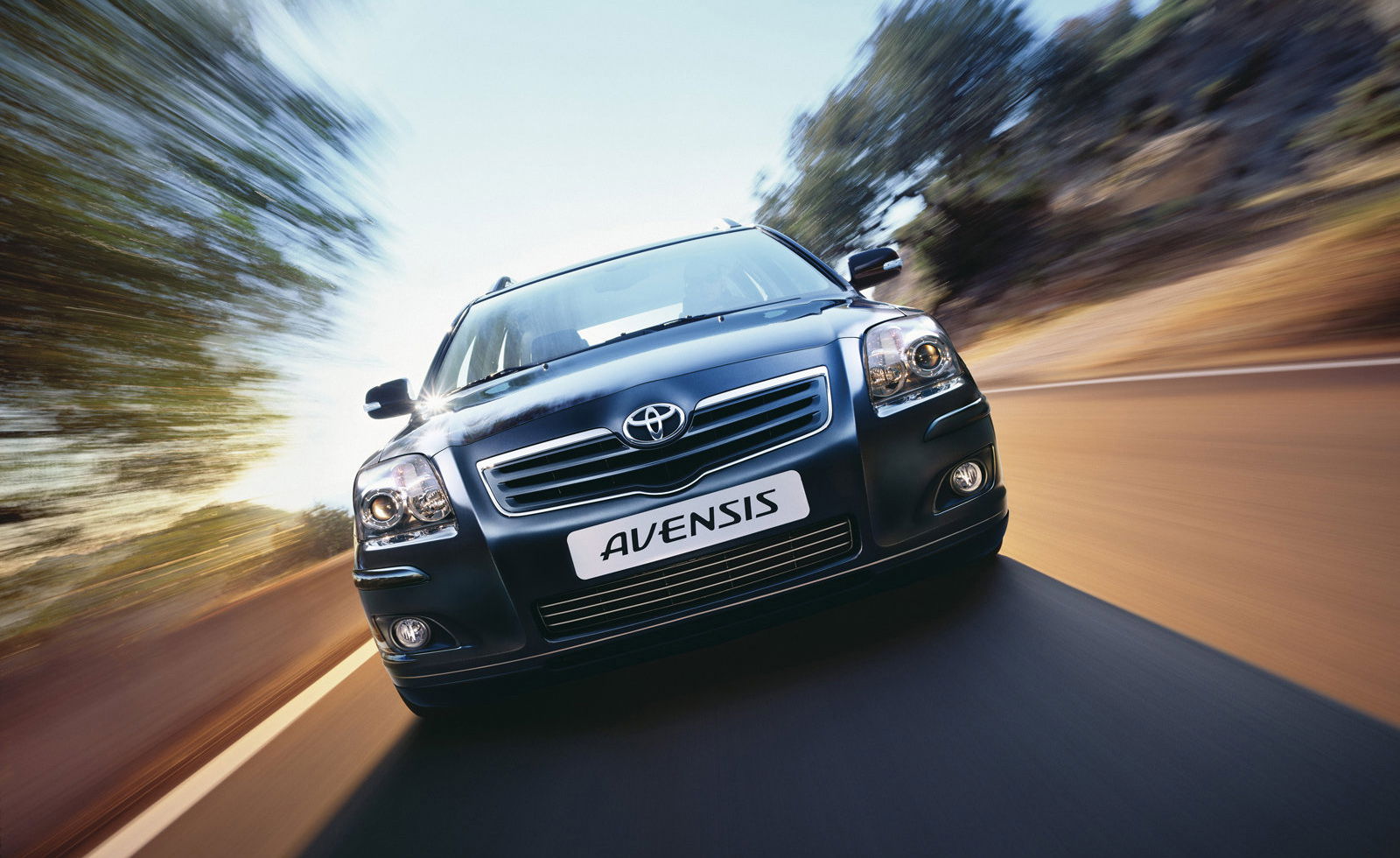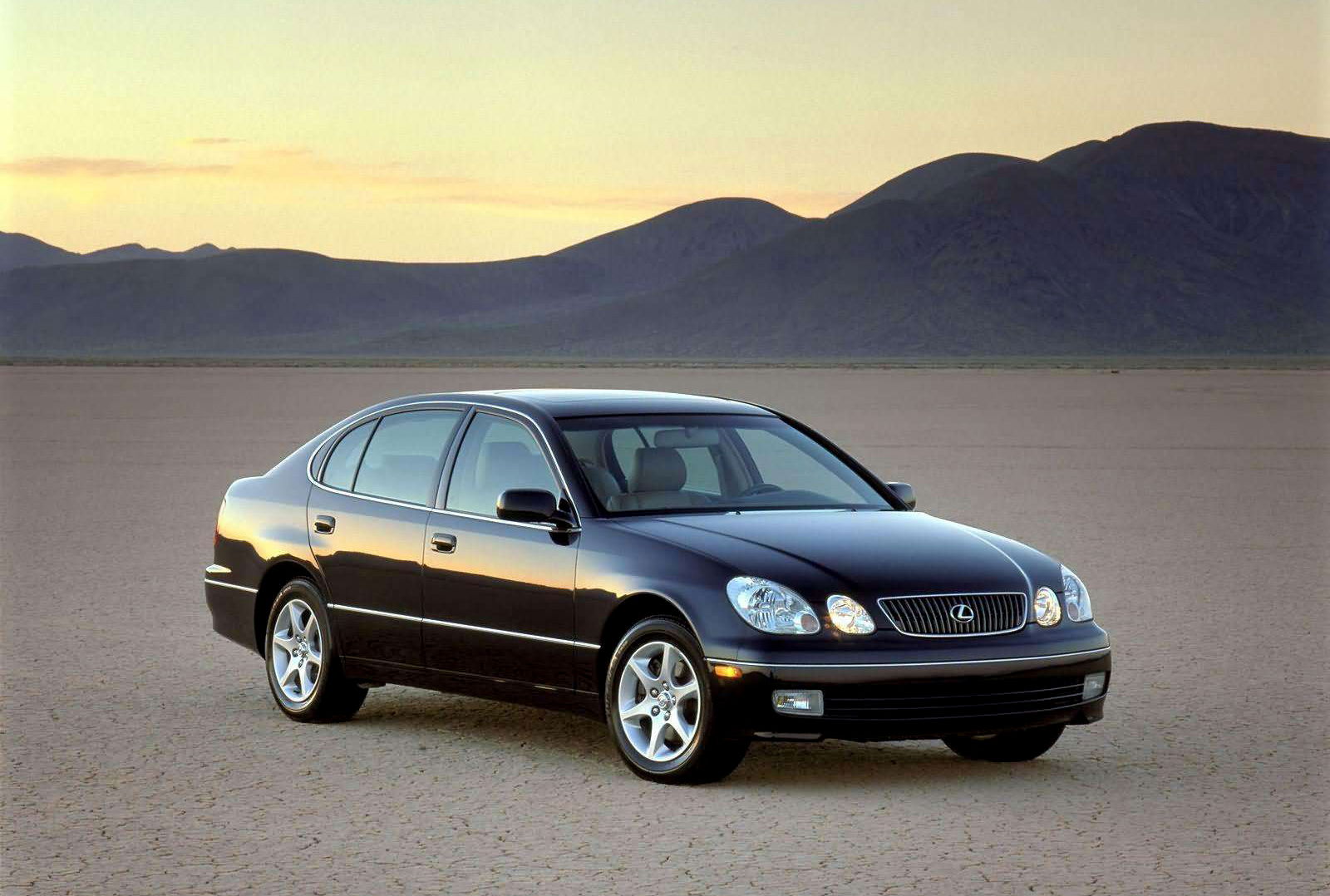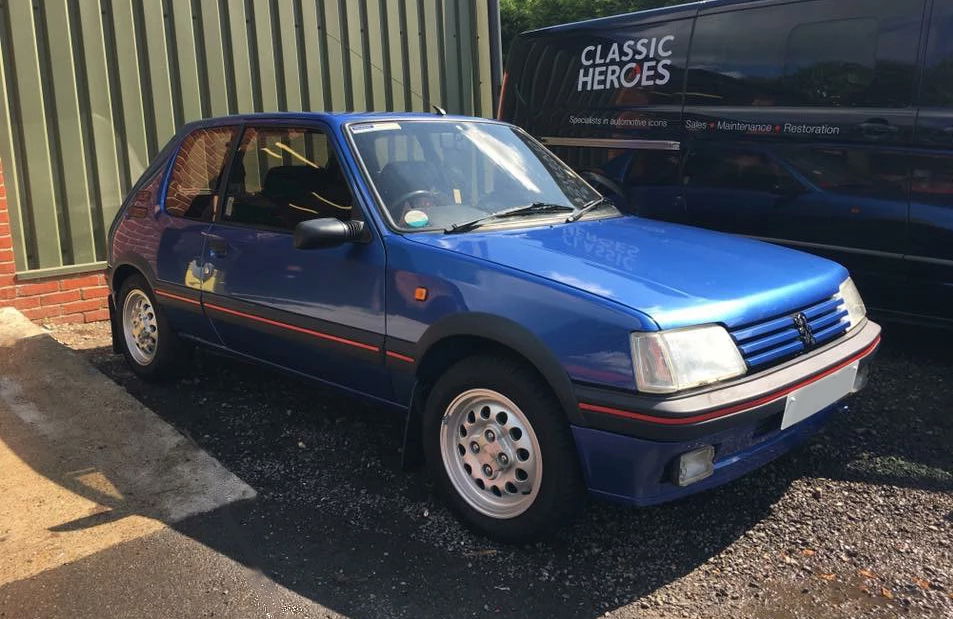Modern Cars Are A Nightmare That Will Soon Haunt Used Car Buyers Everywhere

This may sound overly dramatic, but we might all have sleepwalked into a used car disaster and it’s way too late to do anything about it.
We like used cars, right? They give us great value on paper: loads of bang for our buck, space for our Swiss franc and tech for our, err, Tunisian dinar. Easy to maintain yourself, too. Or not, as it happens.
This has just been rammed home to me in very expensive fashion. There I was, minding my own business, when my car – a 10-year-old diesel estate and a great workhorse – gradually started running worse and worse. It turned out that an injector had failed, and on closer inspection via a handy injector testing rig at a semi-local diesel specialist, the other three were failing too. Balls.

To cut a long story short, the bill was more than half the trade-in value of the car. Parts for high-pressure injection systems are expensive. If the bill had been for crash damage, my insurer would have written the car off. These repairs aren’t driveway tasks, either. Installing the injectors is no big deal (although the rocker cover had to come off), but they need special coding and setup that only a main dealer or specialist will have the equipment for. Even if you ask your friendly local independent to do it, they’ll most likely just send the injectors off to the same specialist you could have visited yourself.
If the idea of four-figure bills that you can’t reduce by doing the spannering yourself doesn’t frighten you just a bit, it should. Remember, my car is a decade old. Most cars that have been made since then also have a high-pressure fuel injection system, with petrols having joined the fun many years ago for the sake of efficiency. That’s also far from the only palm-moisteningly costly part that could fail as modernish cars age.

Putting two and two together, here, you get bad news. Of course buying a used car is a risk; it always has been, but the incoming potential for huge bills is staggering. An injector, for example, isn’t an affordable consumable any more. For an old car you might be looking at £60 per unit. The ones in, say, a seven or eight-year-old Land Rover Discovery 4 TDV6 cost £650. Each. Plus, at the very least, garage labour costs to calibrate them properly. If all of them are on the way out, like mine, by the time you’ve added professional diagnostics and labour, you could be looking at £5000.
With surprise costs like these waiting to bend you over and insert a large cactus into your darkest recesses, how long is it going to be before any car outside its warranty period becomes a risk not worth taking? If 12 months into ownership you’re smacked with a four-figure bill, you might as well have bought new. Aftermarket warranties aren’t worth the paper they’re written on (having had two myself and witnessing first-hand the various infuriating get-out clauses), and with cheap PCP and lease deals aplenty, used car ownership suddenly doesn’t look quite as rosy as it used to.

Expand this to today’s cars. Is there something you’ve got your eye on? Something you’d like to poach from the classifieds when it gets old and cheap enough? Forget it, unless you’ve got big cash reserves. Things like the complex electrics in modern swivelling headlights or keyless entry systems, emissions-reduction systems, active driver aids and more will be ridiculously expensive to fix. Why bother at all? When the cars are a decade old, all this tech is just putting your wallet at ever greater risk of being violated.
One answer, of course, is to buy even older cars; simpler cars with simpler engines. Stuff from the early 2000s and pre-Millennium. Simpler usually means cheaper to fix. How does the saying go? The simplest solutions are often the best. When it comes to car makers, this nugget of old-fashioned wisdom has long since been forgotten. And used car buyers like us are the ones who’ll end up paying for it.

Comments
Of course old luxury cars are expensive to fix. That’s always been true. But I bet that a cheap/average car won’t be more to maintain then an old one was when it was of a similar age. Miatas, civic/accord, corolla/camry, dodge caravan, chevy cruze/impala, ford focus/fiesta, etc. These will all be fairly cheap to maintain and keep running. You’re right that electronics and complex systems will fail but that’s been true too. My ‘96 accord’s power locks and mirrors don’t work and the cruise control is goofy. So what if the parking sensors or blind spot monitoring fail? The mechanicals will be cheap to maintain and people will keep driving them same as always.
This is one of the many reasons I drive a 30 year old SAAB. Oh and since the article was mostly about the price of replacing an injector set, mine set me back $190nzd total and they’re the better disc type ones of a early 2000’s volvo.
IKR? The thought of owning an S63 AMG in the future terrifies me once it comes off the warranty period. Hopefully, some coders and aftermarket people find ways to hack into ecus and all to be able program the required programs by hand like they did with the GTR back in 2009.
This is why i tend to avoid CR diesels. Most of them will keep your money in pockets for about 120 000 km. After that it just get’s more and more expensive-in comparison with petrol cars.
My fondest car was a ‘87 Nissan 720. Someone (me - dammit) ran the transmission too low on oil and subsequently needed a new gear set. The mechanic spent 18 days finding replacement parts. Ran fine for about 2 weeks, when transmission started jumping out of 1st gear under acceleration. After the mechanic opened the transmission case twice more, he said there isnt really much he do anymore. Had to adjust driving style to accommodate that 1st gear.
Well, I can relate to this issue. However, mine is replacement mechanical parts. I don’t own a ‘high end’ car. My car is a Nissan Note 1.12 Acenta. (three cylinders and no turbo) Currently just over 14,100 miles on the clock. Four years old this December. Manufactured in the Nissan factory of my home town of Washington (U.K). Within three years I needed new rear ‘shocks’ and ant-roll bar bushes. My real problems started this year.
This may not be for the forum for you guys. But it proves a point. My issue is with mechanical problems rather than electronic tech.(who knows what the future holds with the electronics in my car ?). I don’t own a ‘high end’ car. I have a Nissan Note Acenta (63 plate). It was manufactured at the Nissan plant in my home town of Washington (U.K) 2013. So, it’s a 1198cc three cylinder engine. (14,100 miles to date)Non turbo, unlike it’s Ford competitor. With my three year service and maintenance package I have had rear ‘shocks’ and anti-roll bar bushes replaced. My real problems started this August when the car went in for it’s annual service. The ‘air con’ condenser failed. £463.23 replacement. No aftermarket units are available (the cars base market value is £6,750). My replacement was manufactured in Japan and transported to the U.K via Amsterdam (Holland) . I say to order ! The dealer disputes. Car held in the dealers workshop for two weeks ‘till the part was delivered. So, for you non geeks. Your air con basically has a compressor, a condenser and related pipework and parts. The compressor is £500.00 plus for this car ! To sum up, for the ordinary Joe. If you have an upright Frigidaire fridge and freezer, as I do. It’s the same principals of engineering. I can replace it for under £400.00
The guys in the Nissan workshop told me the condenser had an internal failure from manufacture. Nissan Europe ‘stumped up’ £185..41 as a contribution to the cost. It should have been free. No way can this failure can contributed to ‘fair wear and tear’
I await any other members comments on similar matters.
Thanks
Yes diesels can have big repairs but if you get a half-reliable one it might be worth fixing after 150k km. Say you bought a 2L 140hp+ used for under 10k € and you end up putting 5-7k € of repairs in it after over 5 years. What do you get new for 14k € plus 1-3k € repairs over 5 years? A 1.4T 120hp Fiat ? Nope already 17k €.
Say alone you want sports suspension in an econobox. New you need to throw away a good pair of shocks and springs. Used? Who cares? 500-1000€ and you have a nice handling car. Still cheaper than the sports package in a new car.
What you need to stay away from is mostly German and other cars stuffed with expensive-to-fix extras. Used Skoda TDI? Cheap and actually quite reliable nowadays, but stay below 120k km if you want to keep it for some time. Used Hondas are way overpriced though…
Bought a 20 year old polo 2 years ago. And never had a problem with anything at all and still runs as it should. All of this for £495 👌
I have my heart set on getting a 03-05 Lexus IS200, once I find someone trustworthy to sell my VW Bora to
This is why I’m buying a 65 Volvo, becuase I’ll be able to fix pretty much everything in my driveway with minimal tools.
Pagination